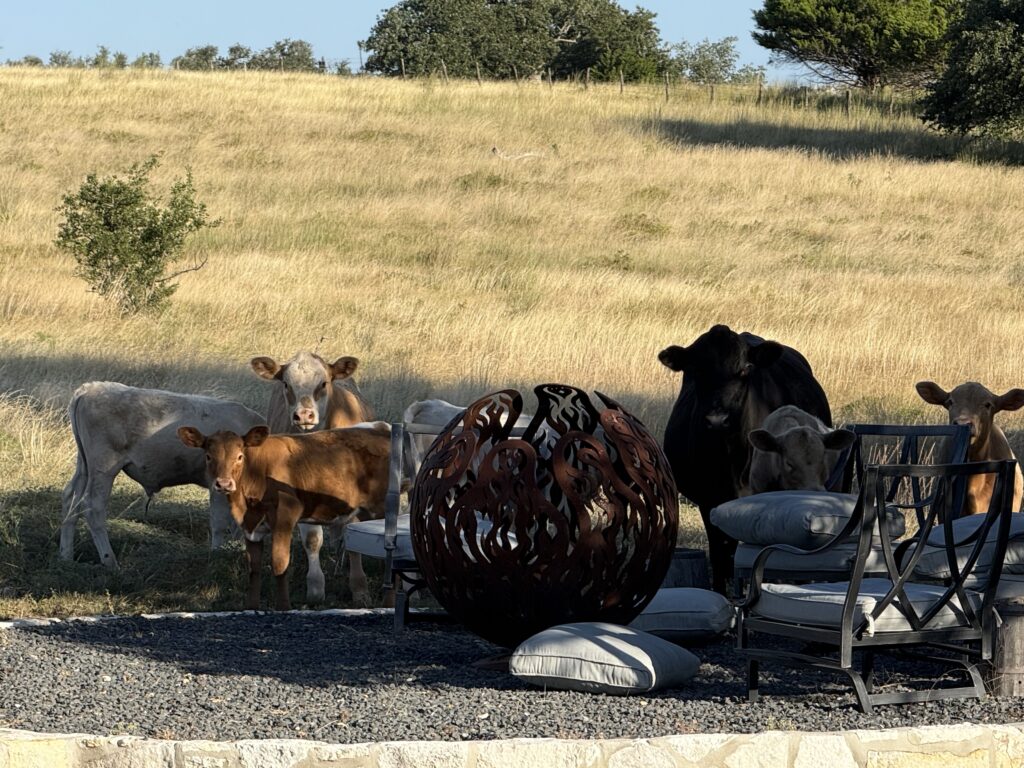When we think of Labor Day, most of us picture backyard barbecues, road trips, or maybe just a much-needed long weekend. But behind the holiday is a powerful story of courage, struggle, and progress that shaped the way we work today.
The Struggles of the 1800s
By the late 19th century, America’s rapid industrial growth came at a steep cost for workers. Long shifts—often 12 to 16 hours a day, seven days a week—were common. Safety was rarely a priority, and even young children worked in factories, mines, and mills. The labor movement rose out of this hardship, calling for dignity, fair pay, and humane working conditions.
The First Labor Day Parade
On September 5, 1882, more than 10,000 workers marched through New York City. They laid down their tools and carried banners demanding better conditions, safer workplaces, and the now-famous slogan: “Eight hours for work, eight hours for rest, eight hours for what we will.” That day became known as the first “Labor Day.”
From Movement to National Holiday
The idea spread quickly. Cities and states across the country adopted their own Labor Day celebrations. But it wasn’t until 1894, after the violent Pullman Strike—where clashes between workers and federal troops left dozens dead—that the U.S. government recognized the need to acknowledge labor’s role in building the nation. President Grover Cleveland signed legislation making the first Monday in September a federal holiday: Labor Day.
Why It Still Matters
Today, Labor Day reminds us that the freedoms many of us take for granted—a 40-hour workweek, weekends off, safer workplaces—were fought for by those who came before us. It’s not just a marker of the end of summer; it’s a celebration of resilience, unity, and the dignity of work.
As you enjoy this Labor Day, take a moment to reflect not only on the sacrifices of past generations but also on the gift of being able to work, create, and provide.
“Whatever you do, work at it with all your heart, as working for the Lord, not for men.” — Colossians 3:23
Labor Day is a chance to honor those who laid the foundation for fairness in the workplace—and a reminder to approach our own work with gratitude and purpose.

